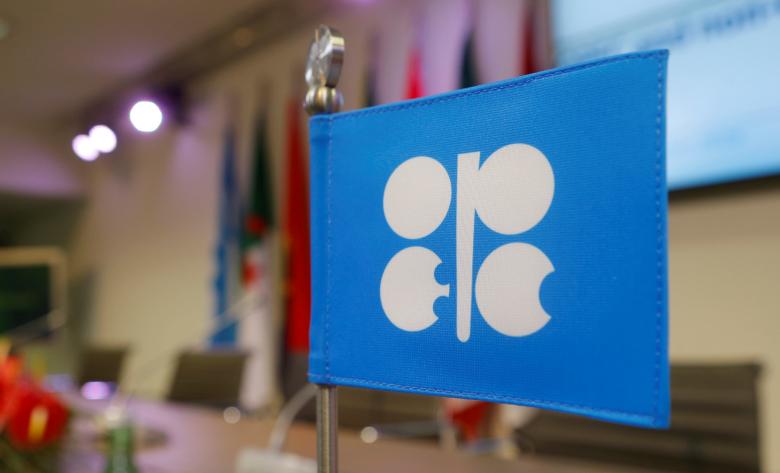As OPEC cuts, traders send European oil volumes to Asia
SINGAPORE: European and Chinese traders are shipping a record 22 million barrels of crude from the North Sea and Azerbaijan to Asia this month, seeking to plug any supply gap left by OPEC production cuts.
Over 11 million barrels of North Sea Forties crude have either been offloaded or are on their way to Asia, adding to a record 11 million barrels of Azeri crude oil from Azerbaijan, Reuters oil trade flows data showed.
The record export volumes come on expectations of tighter Middle East crude supplies due to plans by the Organization of the Petroleum Exporting Countries (OPEC) to cut production in an attempt to prop up prices.
Seeing an opportunity to sell North Sea oil profitably in arbitrage deals to Asia, seven supertankers chartered by commodity traders Vitol and Mercuria, European oil major Royal Dutch Shell, and China's refiner Unipec, have either delivered or are expected to soon offload European crude to China and South Korea this month, according to trade sources and Reuters data.
"Asia needs the oil, Europe has it. The OPEC cut has raised prices, and that now makes it profitable to send European oil to Asia," said one senior trader with knowledge of the deals on condition of anonymity as he is not allowed to talk to media.
December's OPEC deal, in which the group agreed to cut production by 1.2 million barrels per day (bpd) in the first half of 2017, pushed up benchmark price Dubai against Brent and West Texas Intermediate, allowing Asia to pull more competitively priced supplies from the Atlantic Basin.
An ongoing Brent contango, a market structure where oil becomes more expensive in future months, also enabled traders to lock in profits for crude on long voyages.
Shipping North Sea Forties crude from its load port Hound Point in Britain to customers in North Asia, including Japan, South Korea and China, takes over six weeks.
BATTLE FOR ASIA
The deals highlight the predicament facing OPEC and other producers that have agreed to cuts, including Russia and Oman.
While cutting supplies may temporarily lift prices, this gives other producers like western oil firms an opportunity to fill the gap and sell oil to Asia, the world's biggest demand region.
"The real market battleground is East of Suez," said John Driscoll, director of Singapore-based energy consultancy JTD Energy Services, referring to the Suez Canal through which many tankers ship oil between Europe, the Middle East, and Asia.
The ships now carrying European oil to Asia have 11 million barrels of Forties crude loaded, beating a previous record of 10 million barrels in December 2015, Thomson Reuters Eikon trade flow data showed.
And more oil is to come. Two more Very Large Crude Carrier (VLCC) supertankers with 2 million barrels of Forties crude each are due to arrive in North Asia in February, while three VLCCs have been provisionally booked to load oil this month for arrival in Asia in March-April, the data showed.
READ ALSO:






